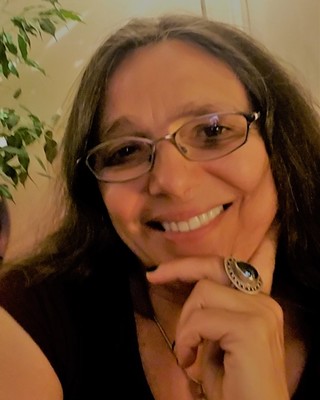Hello and welcome to my practice's website. Please feel free to browse around to learn about me, what I do, and the type of help I offer.
I offer both online and in person sessions.
Contact me to discuss your preference and availability.

Hello, welcome to my website and thank you for your visit.
I am a licensed clinical psychologist and I work in my own private practice, in the Sacramento area, as a psychotherapist and clinical supervisor.
I run a "boutique practice". It not only entails a specialized, person-oriented approach, but is also focused on quality rather than quantity.
That means that I do not accept more than a certain number of patients, overall, nor I schedule more than a certain number of appointments each week. This is because I want to be as certain as I can to offer the best possible help to you; as for any quality endeavor, that requires dedicated time, focus, and specialized-to-your-needs attention. When you come to me for help, you will find that to be the case: you will experience a personalized care approach, that emphasizes quality of treatment.
Now, a bit more about my work and philosophy:
I love working with both younger and older adults, individuals and couples.
Issues presented may be "anxiety", "depression", "trauma", "relationships issues" or, sadly, the loss of a loved one. I find motivating and meaningful to offer help to relationships in trouble, be those within a couple, or within oneself.
I work with a lot of Veterans as well. As the daughter of a WWII veteran, who had untreated PTSD and self medicated with alcohol to cope with his issues and go through life, I am deeply emotionally invested in helping veterans suffering from post-traumatic stress and/or facing the challenges of transitioning to civilian life after tours in Iraq, Afghanistan or other war zones.
Although, by training and vocation, I am fundamentally a depth therapist, I am able to adapt and effectively respond to the diverse demands of contemporary psychological treatment needs'; hence I am able to offer different types and courses of therapy, including focused, shorter-term treatments, such as stress reduction and meditation (also offered in group format), behavioral health coaching, and a variety of other behavioral programs targeted to meet your specific needs and desires. When working with veterans, approaches of choice are CPT, and Somatic Experiencing.
Generally, I do not support biopsychiatry, the main current model used to "treat" mental/emotional issues, and the ongoing prescription of psychoactive medications. I believe this model is highly inaccurate, has gravely failed those who need help, and, most importantly, harmed a great deal of people. However, I do offer supportive psychotherapy for patients who do take psychiatric medications for the long-term, as well as for those who are interested in working toward decreasing their dosage and/or withdraw from them (please note: to withdraw form psychiatric medication is a very serious matter, and a process needing ongoing, careful and attentive medical monitoring and support).
My belief is that anyone can get better and start healing, no matter what life situation one is experiencing. Would you decide to enter psychological treatment with me, I will provide you with the safe environment, tools, support and guidance needed for you to grow and enjoy more freedom of thoughts and emotions and a fuller, more satisfying and meaningful life. By accepting what is, the first step is taken toward constructive change.